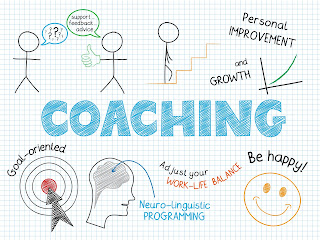What is Guided Meditation?
Guided meditation is when you are guided by a narrator to create change, overcome obstacles and challenges, change behaviors, or find success in multiple areas of one's life. The narrator uses relaxation suggestions, positive affirmations, visual imagery, and other tools to elicit these desired changes. As the meditation begins you'll be guided to relax your body and mind. You are then invited to take a journey in your mind with the narrator as your guide.
Because your mind does not distinguish between a real or imagined event the experience you have with the meditation is like having a real experience. This can have an amazing effect on your life.
There are many studies that have shown that practicing something in your mind is like practicing it in real life. Check out this wonderful interview with Emily Cook, of the United States Freestyle Ski Team as she discusses how visual imagery helps her sports performance here. This interview from the New York Times reinforces the value of visual imagery and many guided meditations use visual imagery to help the mental journey along.
How it works:
When you experience something in life your brain makes changes to it's neural pathways. This information gets passed on to the subconscious mind where it is stored for future use or used to make new programming for the conscious mind. Following with the same logic that your mind does not distinguish between real and imagined, guided meditation can have an amazing impact on the way your mind receives the messages and makes changes.
It it also important to note that you can't be made to do something through meditation or hypnosis that you would not do on your own. Which means, if you're doing guided meditation or self hypnosis for help with losing weight, it will only work if you're willing to make the changes necessary to make it happen. If you need to increase your exercise, listen to a guided meditation tape on increasing meditation, but aren't willing to do the exercise then it won't work. You must be willing to make changes in real life to match up with the changes in the imagined visual imagery.
In guided meditation you're invited to relax and allow yourself to go into a much more clam, focused, and controlled state. It's a deep state of focused relaxation and concentration. As you listen to the words from the narrator you will find yourself relaxing deeply. The state is similar to the state where your mind zones out during a movie. The state between awake and asleep. A state almost everyone goes into multiple times in a day. It is a time when the conscious mind is taking a break and subconscious mind is waking up and taking note.
This is why the below guidelines are good practices when listening to a self-hypnosis or guided meditation audio.
- It should never be listened to while in a car, operating heavy equipment, or doing anything that requires your full concentration.
- You should find a quiet place where you can relax (either sitting down or lying down) and close your eyes.
- It is a time for peace and relaxation, You don't want to be interrupted.
- Sometimes a person falls asleep during the meditation. I always recommend setting an alarm to wake you just in case unless you want to fall asleep for the night. Either way is fine.
- If you do fall asleep your mind will still get benefit from the experience.
These types of audios create amazing experiences and help to bring about change in your life. It all relates back to the amount of work you're willing to put into making those changes. If you're committed to changing things guided meditation and self hypnosis audios can help you create amazing results.
I sell guided meditation or self hypnosis audios to clients on an as needed basis. Each one is personalized so you'll need to reach out to me if you're interested in getting one for a specific obstacle. Check out my website here, give me a call, or email me at spiritandmindconnection@live.com if you'd like more details.




